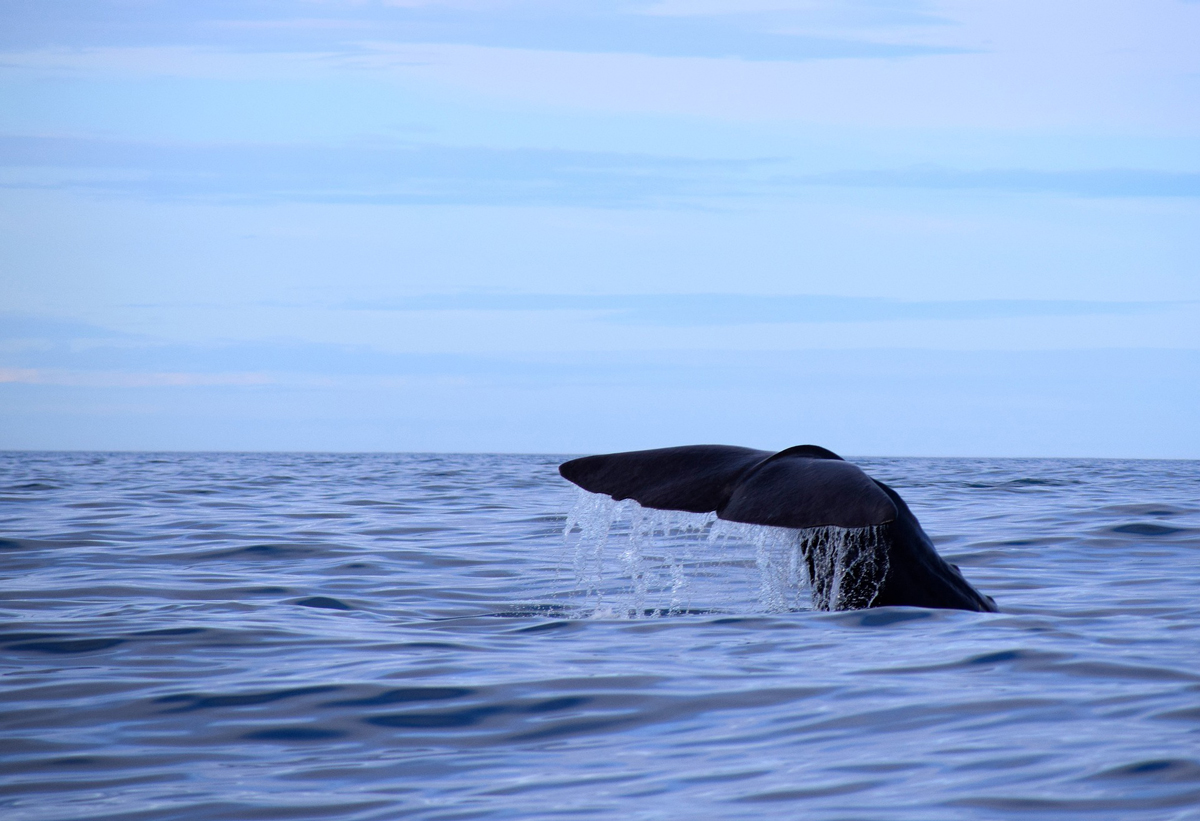At the beginning of September this year, dozens of porpoise carcasses were washed ashore on several Dutch islands. No isolated case, says Jörg Feldmann, environmental chemist at the University of Graz. Although the cause behind the mass mortality of these mammals is still largely unknown, Feldmann and his team suspect that the neurotoxin mercury killed them. Together with colleagues from Scotland and France, they collected the first evidence to support their suspicion by extracting the livers from long-finned pilot whales and sperm whales. Liver cell analyses in a 50-nanometre range with the NanoSIMS method revealed the presence of particulate mercury in the cells. This discovery could help prevent mysterious whale strandings in the future. First results of the new mercury analysis method have now been published in Analytical Chemistry, a renowned professional journal.
“Mercury obviously plays a central role in this process,” Feldmann explains. Concentrations of the neurotoxin in seawater, caused by the combustion of coal and other industrial waste, have tripled in the last few centuries. “The higher the creature’s level in the food chain, the greater the concentration of mercury in its liver cells and brain, and whales are close to the top of the chain,” he underlines. ”The huge marine mammals display a concentration 1000 times greater than their fellow sea dwellers, a fact that is, however, considered harmless.” The key factor is selenium: this substance is an essential trace element for mammals since it protects cells from oxidative stress and is important for brain metabolism. It binds readily with mercury and at the same time counteracts the element’s toxicity by making it insoluble. “We found that both substances combine to yield newly formed micro- and nanoparticles called mercury selenide,” says Feldmann. However, the transformative process does not happen without an adverse effect. “The selenium bound by mercury is then lacking as a protective substance for the brain. This lack could lead to disease in whales such as epilepsy, resulting in disorientation and stranding,” the environmental chemist suspects. Whales are gregarious animals that more or less synchronize their behavior – for better or worse. The group strands together. Further analyses would enable Feldmann to unravel the whales’ behavior in more detail: “Maybe one day we will have targeted measures which enable us to prevent whole groups of these marine giants from stranding, and to do that we need to know exactly what triggers this behavior”.
Development of Mercury Analysis by NanoSIMS for the Localization of Mercury–Selenium Particles in Whale Liver. Maria Angels Subirana, Lhiam Paton, James Hall, Andrew Brownlow, Eva M. Krupp, Jörg Feldmann, and Dirk Schaumlöffel. Analytical Chemistry Article ASAP
DOI: 10.1021/acs.analchem.1c02769
